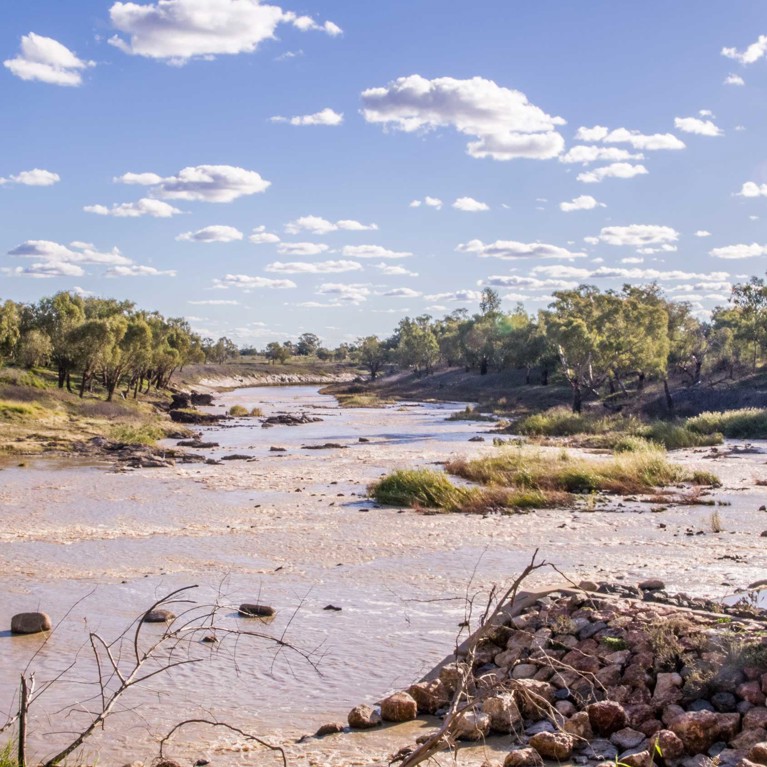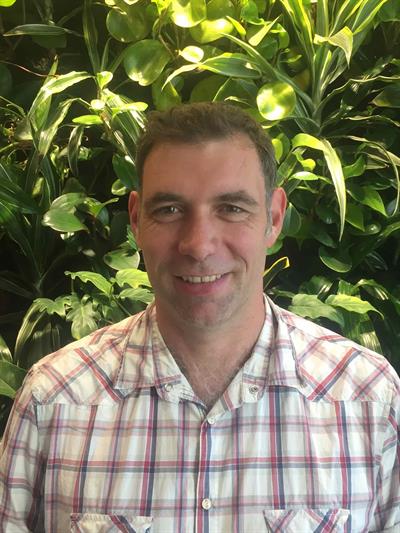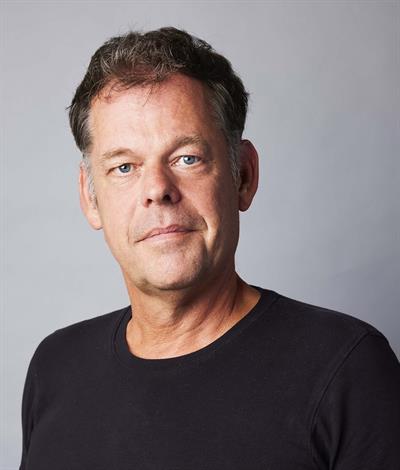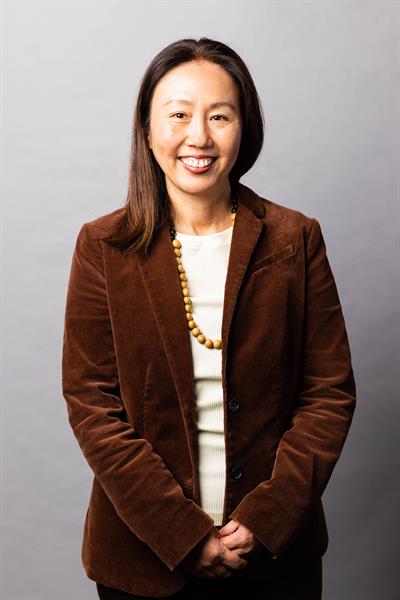Partner
-
Professor Heidi Norman and Therese Apolonio,
-
Indigenous Land and Justice Research Group at UNSW
Timeline
-
2023-25
Sustainable Development Goals
-
13. Climate Action
-
7. Affordable and Clean Energy
-
8. Decent Work and Economic Growth
-
10. Reduced Inequalities
-
15. Life on Land
- Posted on 2 Jul 2025
- 6-minute read
Research funded by JMI and Boundless to address the urgent need to involve and support NSW Aboriginal communities in participating and leading the energy transition.
Our research finds there is an opportunity for Aboriginal Lands Councils to install renewable energy on their own landholdings. However, policy actions and collaborations between Lands Councils with Governments, electricity networks and industry are required.
The fast emerging transition to renewable energy in New South Wales (NSW) presents a transformative opportunity for Aboriginal communities, particularly through the involvement of Aboriginal Land Councils. A recent report highlights that approximately 43% of the infrastructure needed to achieve Net Zero by 2060 is expected to be developed on land collectively held by First Peoples. This underscores the critical role Aboriginal landholders can play—not just as beneficiaries of clean energy, but as active participants and leaders in its development.
Case studies with the Tibooburra, Hay, and Brewarrina Land Councils revealed community priorities: improving energy reliability and affordability, especially in remote areas plagued by blackouts and high costs, and generating revenue to fund community-led initiatives and create jobs on Country. These councils also demonstrated the feasibility of hosting small- to mid-scale renewable projects, microgrids, and batteries, particularly in edge-of-grid locations.
However, several barriers hinder progress. These include delays in processing land claims, lack of technical expertise and funding within Land Councils, and missed opportunities for collaboration with energy providers. To address these challenges, the report recommends four key policy actions: transition to renewable energy in New South Wales (NSW) presents a transformative opportunity for Aboriginal communities, particularly through the involvement of Aboriginal Land Councils. A recent report highlights that approximately 43% of the infrastructure needed to achieve Net Zero by 2060 is expected to be developed on land collectively held by First Peoples. This underscores the critical role Aboriginal landholders can play—not just as beneficiaries of clean energy, but as active participants and leaders in its development.

Case studies with the Tibooburra, Hay, and Brewarrina Land Councils revealed community priorities: improving energy reliability and affordability, especially in remote areas plagued by blackouts and high costs, and generating revenue to fund community-led initiatives and create jobs on Country. These councils also demonstrated the feasibility of hosting small- to mid-scale renewable projects, microgrids, and batteries, particularly in edge-of-grid locations.
However, several barriers hinder progress. These include delays in processing land claims, lack of technical expertise and funding within Land Councils, and missed opportunities for collaboration with energy providers. To address these challenges, the report recommends four key policy actions:
- Capacity Building: Establish dedicated government support teams and funding mechanisms to help Land Councils engage with renewable energy projects.
- Microgrid Collaboration: Encourage partnerships between Land Councils and electricity networks to site infrastructure on Aboriginal land.
- Pilot Programs: Launch demonstration projects for mid- and large-scale renewables in partnership with planning authorities and developers.
- Rights Recognition: Expedite land claims, incentivize cooperation between Land Councils and Traditional Owners, and strengthen cultural heritage protections.
The next five years will be critical in shaping NSW’s renewable energy future. By laying the right foundations now, the government can empower Aboriginal landholders to lead and benefit from this once-in-a-generation opportunity.








